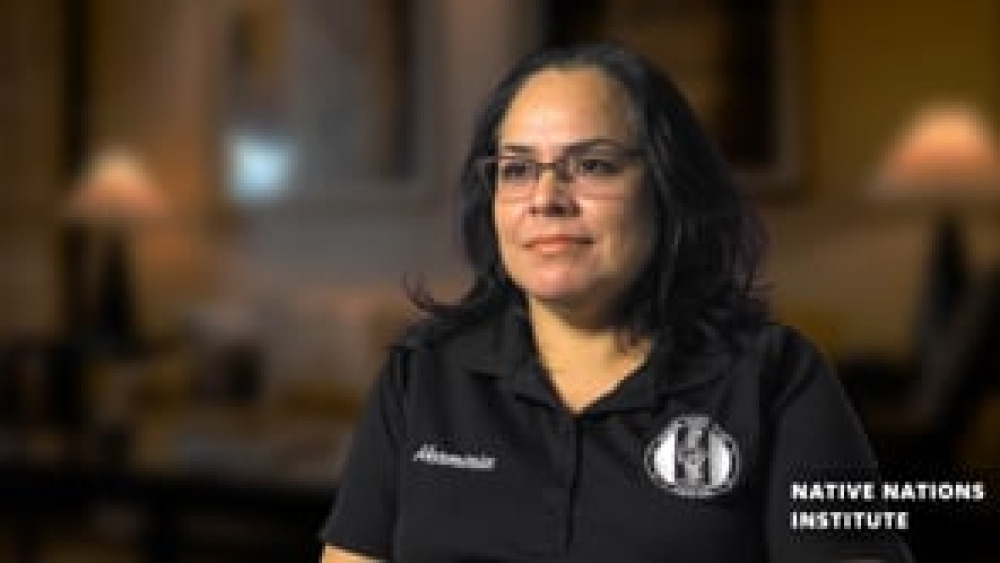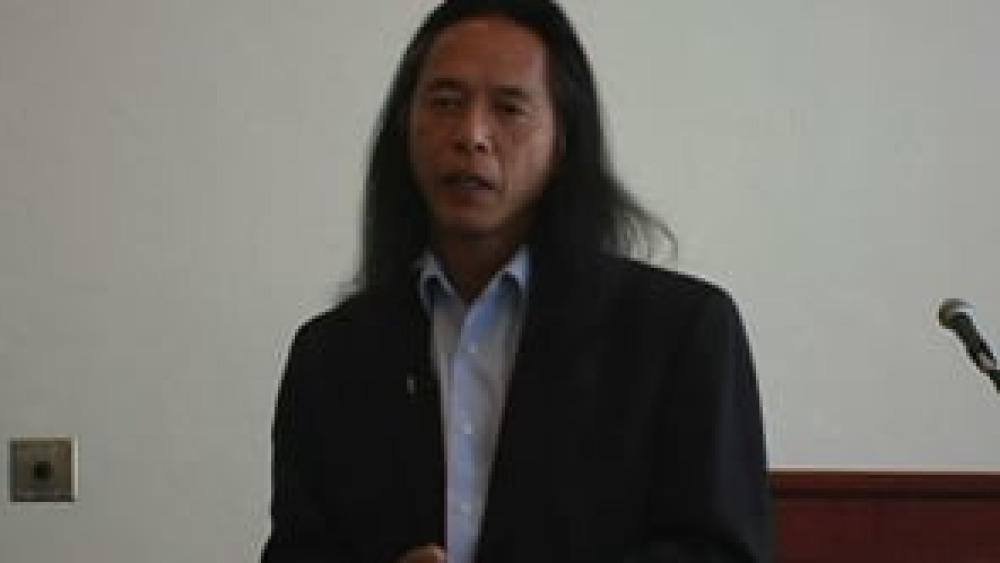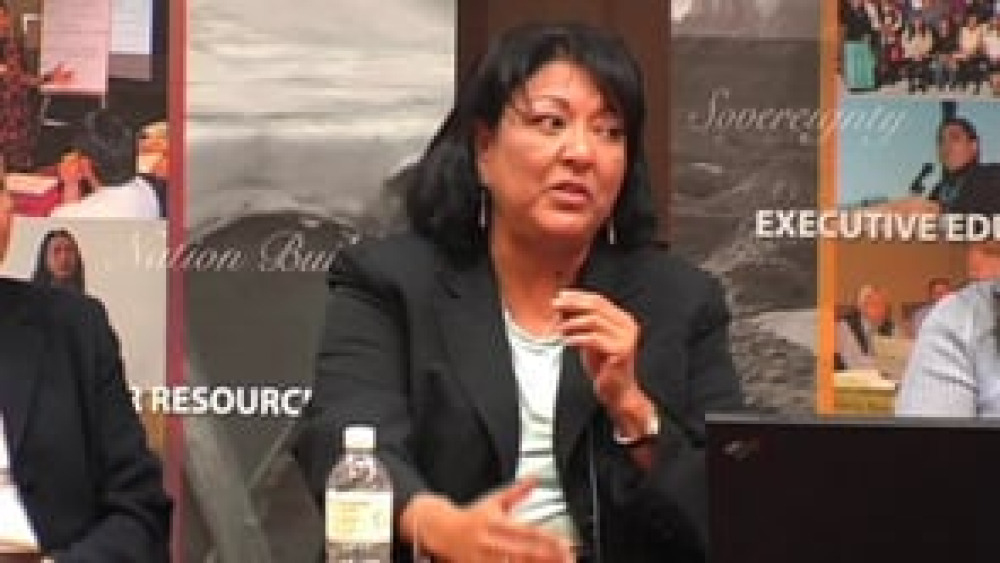Institute for Tribal Government Director Roy Sampsel describes the fearless mindset that so many Native nations are displaying as they work to build their governance capacity in order to exercise their sovereignty effectively, and the incredible innovation they exhibit in doing so.
Additional Information
Sampsel, Roy. "The Fearless Approach to Building Effective Governance." Native Nations Institute for Leadership, Management, and Policy, University of Arizona. Tucson, Arizona. August 31, 2010. Interview.
Transcript
"I don't know of any successful tribe that has managed to build its nation in its capacity that doesn't set extremely high standards for itself and saying, 'Yes, we want to do this, we're going to do it and we're going to be innovative and creative.' Part of the great attraction, if you will, of working in tribal government is that those tribes and those nations that are succeeding have no sense of fear and no sense of their inability to do it. This sort of boldness of sovereignty and the exercising of it, with the understanding that you may stumble a little bit, but the end goal is: 'We're going to succeed and we're going to be better than we have ever been before.' And we can go across the country and name tribe after tribe that has succeeded in making those shifts and changes among their governments."



